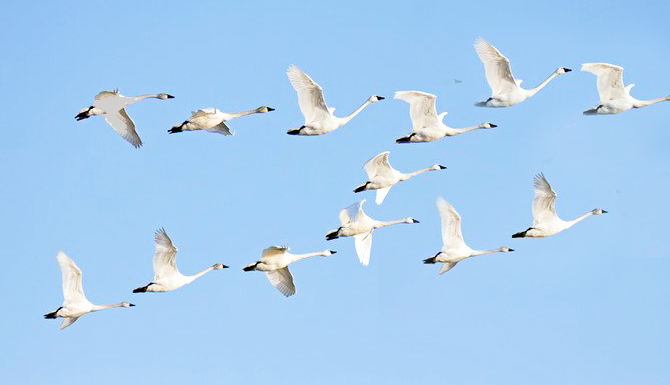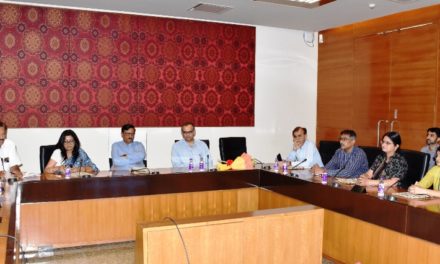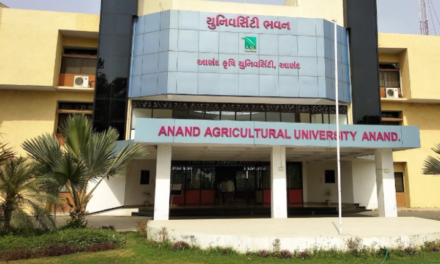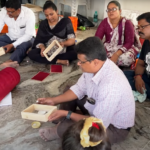Surat : While the United Nations is organizing an important international conference on wildlife in the state capital Gandhinagar, many places in Surat and South Gujarat are a haven for migratory birds. South Gujarat is the preferred area for foreign migratory birds. At the beginning of February, two thousand exotic migratory birds, who have long traveled from abroad, are living in Lake Gaviyar, Surat. Bird watchers are swarming on Lake Gaviyar to watch it. As the wire fencing around the lake, the migratory birds become fearless and relaxed. At the Mahatma Mandir in Gandhinagar, a total of 10 new species, including Great Indian Bustard and Asian elephant, will be included in Schedule One list of CMS, to prevent them from extinction. were organized at the International 5th Conference of Parties – (COP) in collaboration with the United Nations and UN Department of Forest and Environment in collaboration with the UN and UN. S. ‘S will be included in Schedule One list, to prevent them from extinction. Chief Minister of the state Vijay Rupani expressed his commitment to protect millions of migratory birds coming to Gujarat, saying that the birds coming to Gujarat are members of our family. We will protect these birds with the cooperation of the people. The arrival of Migratory birds begins with the onset of winter in other areas of the city, including the Tapi coast of Surat. These birds coming to Surat also depart from Surat as March begins. As winter begins, migratory birds of different species are abundant in Surat. Tapi River, as well as Gaviyar Lake, are the favorite places for exotic birds. Several species of birds such as Siberian Crains, Greater Flamingo, Ruff, Black Winged Stilt, Blue Throat, Brahmini, Espre, Harriers, Eagle, Coot, Exotic Duck, Lark, Vijayan (Piyasan), Showller (Gayno), Pintail (Singper), Gargeni (Chetva), Cotton Teal (Girja), Common Teal (small murghabi), Spotboil Duck (Tilali duck), Common Pochard (gray Karchiya) visit South Gujarat, including Surat. Surat also hosts Migratory Species guests from countries such as Kazakhstan, Austria. Some birds even cross the sea for thousands of miles to reach a designated place. Snehal Patel, president of the Surat Nature Club, an ecologist working in the field of environmental protection in southern Gujarat, says that birds come to southern Gujarat mostly from northern Europe and icy regions like North Asia, Siberia. In winter there are reservoirs frozen. So, because of the favorable environment and food available in many places in South Gujarat in winter, they are attracted to come here. There are several freshwater reservoirs in southern Gujarat. There are also islands such as Aliya Bet of Bharuch along the banks of the Dumas and Hajira. That is, large numbers of Migratory birds have their presence in the reservoir and on the islands, due to the availability and the attraction of enough food. At present, the Great Flamingo birds are found living along the banks of the Tapi River, says Snehal Patel. Greater flamingos are also late in Departure when they find adequate food and a suitable environment, returning to their original habitat. Migratory birds never forget their destination and route. According to scientific research, birds determine the direction of migration by keeping an eye on the sun. it also maintains the speed of flight. Birds eat before starting their trip, then in the middle of the trip, these birds do not eat any food. When the birds reach their destination, they start searching for food again.
Surat & S.Gujarat are Heaven for migratory birds










